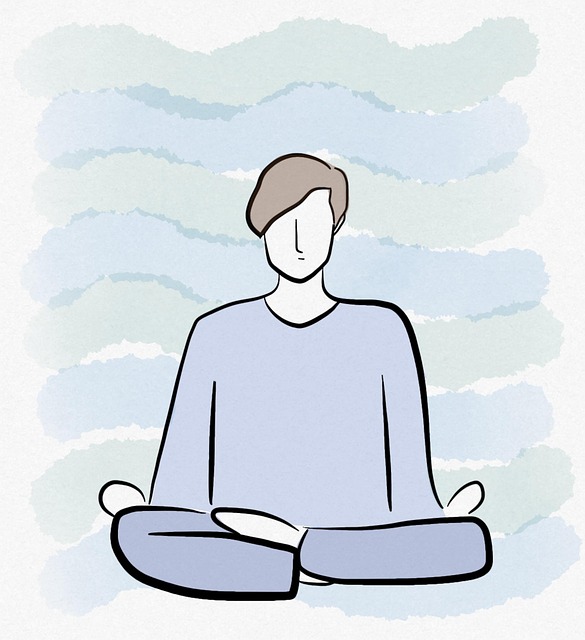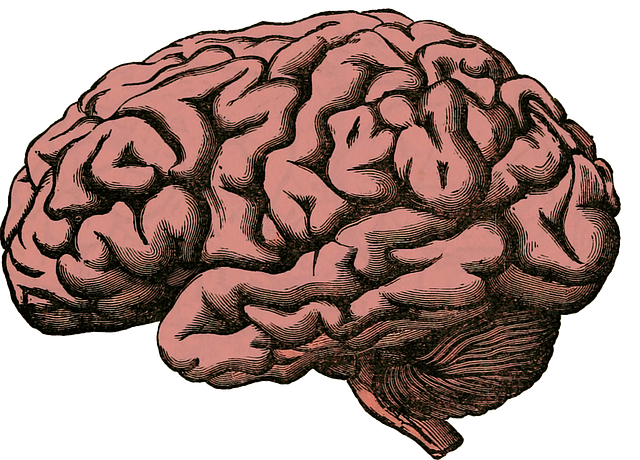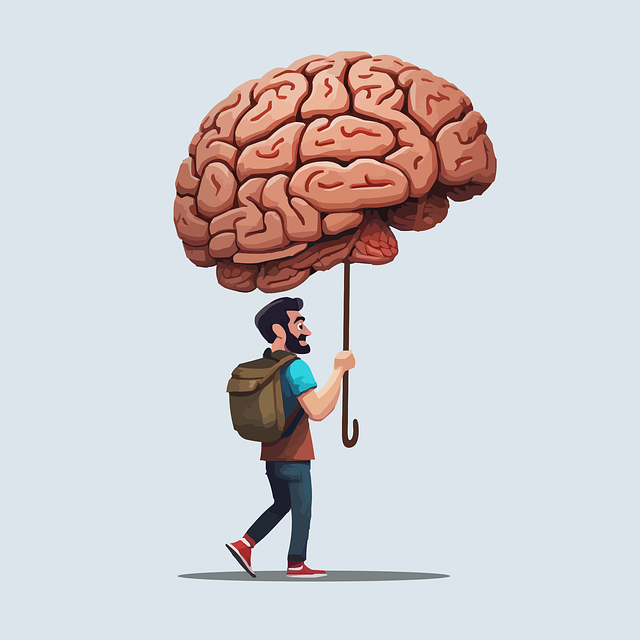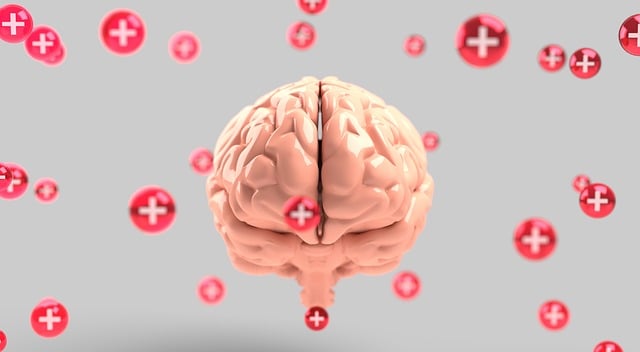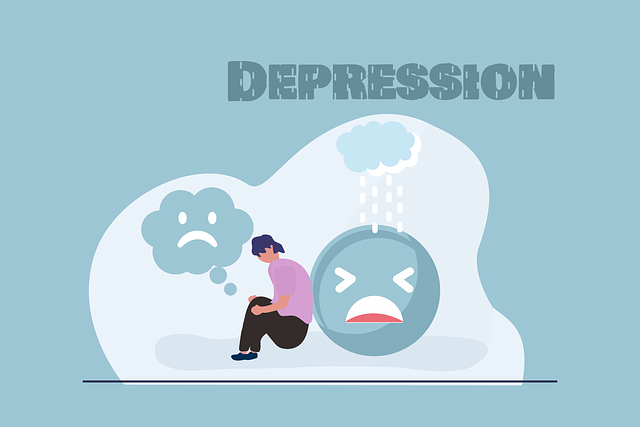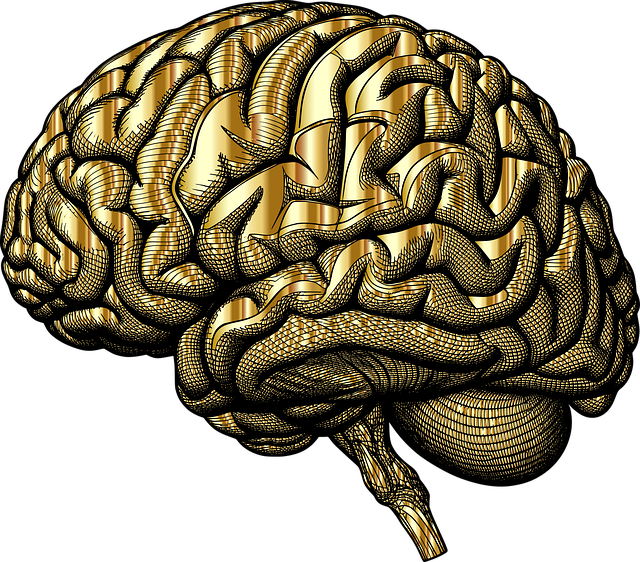This text discusses the prevalence and impact of anxiety disorders, highlighting their common triggers and physical/emotional manifestations. Westminster Couples Counseling Therapy offers tailored support through Cognitive Behavioral Therapy (CBT), mindfulness techniques, and lifestyle changes. CBT targets negative thought patterns, while mindfulness practices like meditation and relaxation exercises promote mental wellness. Lifestyle adjustments, including exercise, nutrition, and sleep, are emphasized for anxiety management, alongside Mind Over Matter principles and communication strategies.
Anxiety can significantly impact daily life, but effective management techniques exist to help individuals regain control. This article explores comprehensive strategies for coping with anxiety, from understanding its triggers and symptoms to powerful therapeutic approaches like Cognitive Behavioral Therapy (CBT). We delve into mindfulness practices and lifestyle changes, including exercise, diet, and sleep habits, backed by insights from Westminster Couples Counseling Therapy experts. By the end, you’ll be equipped with valuable tools to navigate and reduce anxious feelings.
- Understanding Anxiety: Unraveling Common Triggers and Symptoms
- Cognitive Behavioral Therapy (CBT): A Powerful Tool for Managing Anxiety
- Mindfulness and Relaxation Techniques to Calm the Mind
- Lifestyle Changes for Enhanced Mental Well-being: Exercise, Diet, and Sleep Strategies
Understanding Anxiety: Unraveling Common Triggers and Symptoms

Anxiety is a natural response to stress and potential threats, but when it becomes overwhelming and persistent, it can significantly impact daily life. Understanding what triggers anxiety attacks or heightened anxiety levels is crucial for effective management. Common triggers include stressful life events, such as financial worries, relationship problems, or major changes at work. For many, specific situations like public speaking, social gatherings, or even flying can induce anxiety symptoms.
Recognizing the physical and emotional signs of anxiety is equally important. Symptoms may range from a racing heart, rapid breathing, sweating, dizziness, to feelings of dread or fear. Some individuals also experience digestive issues, insomnia, or excessive worry as part of their anxious response. By identifying these triggers and symptoms, Westminster Couples Counseling Therapy offers valuable support, guiding individuals toward managing anxiety through tailored techniques and strategies. Additionally, Mental Wellness Coaching Programs Development and Public Awareness Campaigns Development can play a significant role in promoting emotional well-being and providing resources for those seeking to unravel the complexities of anxiety.
Cognitive Behavioral Therapy (CBT): A Powerful Tool for Managing Anxiety

Cognitive Behavioral Therapy (CBT) is a highly effective and evidence-based approach to managing anxiety disorders, offering individuals powerful tools to regain control over their lives. This type of therapy focuses on identifying and changing negative thought patterns and behaviors that contribute to anxiety. CBT helps individuals understand how their thoughts, feelings, and actions are interconnected, enabling them to challenge and reframe unhelpful thinking. By doing so, it empowers people to develop healthier coping strategies and improve their overall emotional regulation.
For those seeking comprehensive support, Westminster Couples Counseling Therapy provides specialized services, including CBT techniques tailored to individual needs. This therapeutic approach is particularly beneficial for managing a range of anxiety-related issues, from social anxiety and panic disorders to obsessive-compulsive behavior. Additionally, it can be enhanced through practices like journaling exercises, which encourage individuals to reflect on their thoughts and emotions, fostering self-awareness and personal growth. For those who have experienced trauma, Westminster’s therapy services also offer trauma support, ensuring a holistic approach to mental wellness.
Mindfulness and Relaxation Techniques to Calm the Mind

Mindfulness and relaxation techniques are powerful tools to calm the mind and reduce anxiety. At Westminster Couples Counseling Therapy, we emphasize the importance of self-awareness exercises in managing stress. Practices like meditation encourage individuals to focus on the present moment, quieting the incessant stream of worries about the past or future. By cultivating mindfulness, people can observe their thoughts without judgment, reducing their emotional impact.
These techniques, often promoted through public awareness campaigns development, help regulate breathing and heart rate, triggering a physiological response that fosters relaxation. Deep breathing exercises, progressive muscle relaxation, and guided imagery are among the methods that can transform moments of anxiety into opportunities for mental wellness. Incorporating these practices into daily routines empowers individuals to navigate life’s challenges with greater composure.
Lifestyle Changes for Enhanced Mental Well-being: Exercise, Diet, and Sleep Strategies

Anxiety management can be significantly enhanced through thoughtful lifestyle changes, which are often overlooked but deeply impactful. Regular physical activity plays a pivotal role in mental well-being; it boosts serotonin and endorphin levels, neurotransmitters that regulate mood and promote relaxation. Incorporating 30 minutes of moderate exercise, such as brisk walking or yoga, into daily routines can be an effective Westminster Couples Counseling Therapy strategy.
Nutrition also contributes to mental health. A balanced diet rich in omega-3 fatty acids, vitamins B and D, and magnesium, found in foods like leafy greens, whole grains, and nuts, supports brain function. Additionally, reducing caffeine intake and limiting processed foods can lower anxiety levels. Equally crucial is prioritizing sleep; aiming for 7-9 hours per night allows the body to restore and rejuvenate, thereby enhancing resilience against anxiety. These strategies, combined with evidence-based Mind Over Matter principles and effective communication strategies, form a robust risk management planning framework for mental health professionals.
Anxiety management is a comprehensive process that involves understanding and addressing both mental and physical aspects of well-being. By combining evidence-based therapies like Cognitive Behavioral Therapy (CBT) with mindfulness practices, lifestyle adjustments such as regular exercise, balanced diet, and adequate sleep, individuals can effectively navigate and overcome anxiety. For personalized support tailored to your needs, consider seeking help from Westminster Couples Counseling Therapy. They offer expert guidance and resources to empower you in managing anxiety and enhancing your overall mental health.

